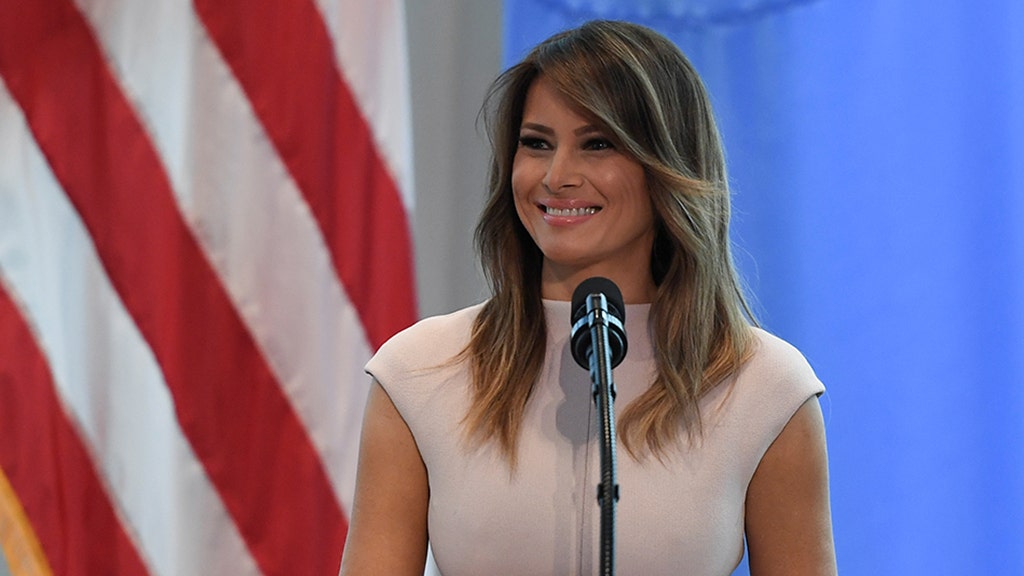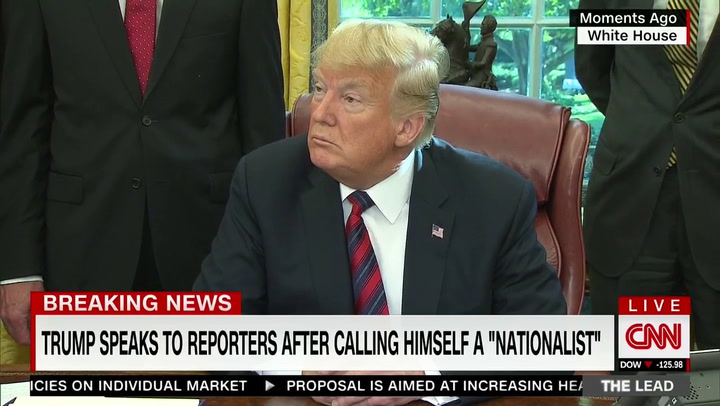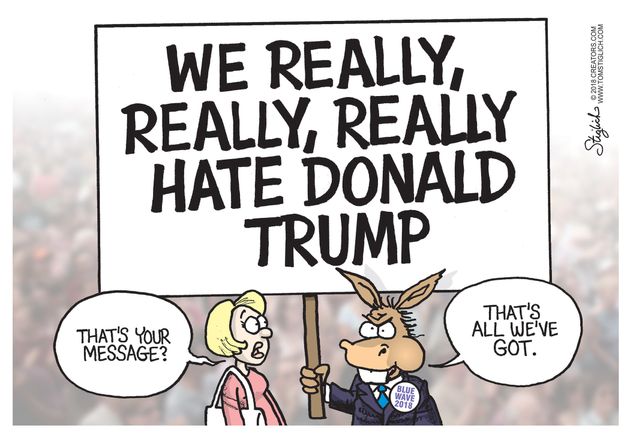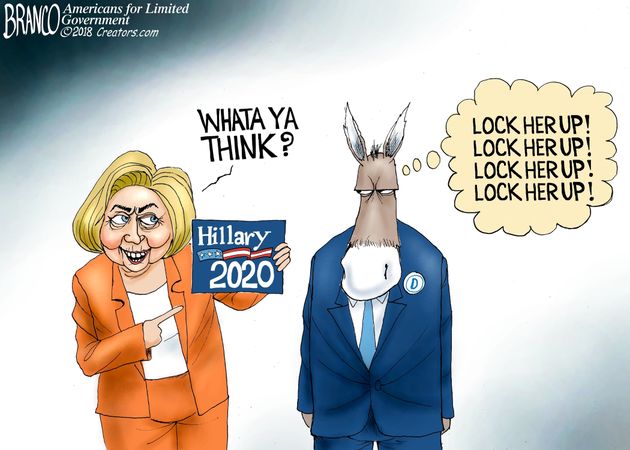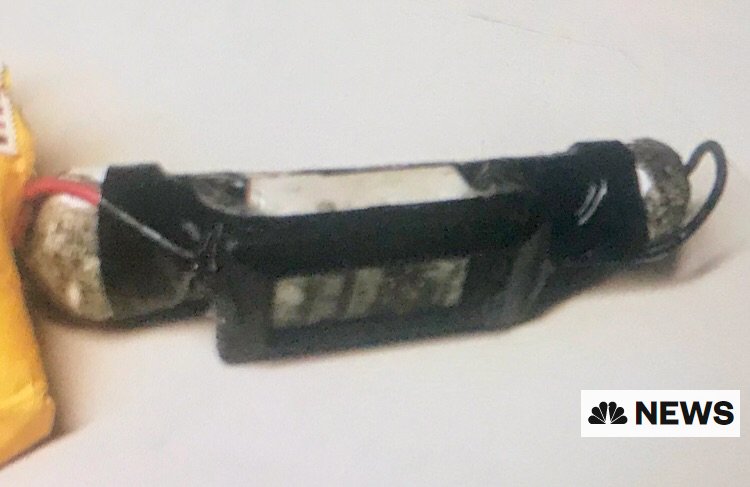Texas Democratic Party sending out voter registration applications to dead people, non-US citizens
2 hours
The Texas Democratic Party is sending out voter applications — to the deceased and to people who are not U.S. citizens. (Image source: KTVT-TV video screenshot)
The Texas Democratic Party has been sending out official voter registration applications to people who have been dead for years, sometimes decades, according to
KTVT-TV. State government officials said they’ve also received complaints of applications being sent to non-citizens.
The voter registration applications included a stamped return envelope addressed to the Texas Secretary of State.
What?
Ola Allen of Dallas was affected by the party’s indiscretion. She said she received a voter registration application in the mail for her husband, who has been dead for almost three years. Shortly after, she received a voter registration application for her mother — who also died, just about two years ago.
Allen chalked up the voter registration applications to a simple oversight, since her husband and mother died in relatively recent years.
Then she received a voter registration application for her daughter, who was just 21 years old when she passed away — in 1989.
“I just said, ‘This can’t be real,” Allen told KTVT, and said that this application — her third — was nothing short of upsetting. “I just set it down because I lost it. I really lost it.”
Allen added, “My daughter has been gone 20-plus years and this doesn’t do a thing but open up an old wound for me.”
Allen told the station that she wasn’t necessarily concerned about voter fraud when she received the applications for her deceased family.
What she
is concerned about is the state of political affairs in the United States.
“‘Any means that it takes to get to the top, that’s what I am going to do.’ That’s what this tells me,” Allen said of the applications. “I just hope whoever sends these out will think about what they are doing.”
Has there been a response?
A spokesperson for the Texas Democratic Party said that the application mailers were part of an “unprecedented investment to provide eligible Texans with the opportunity to vote.”



